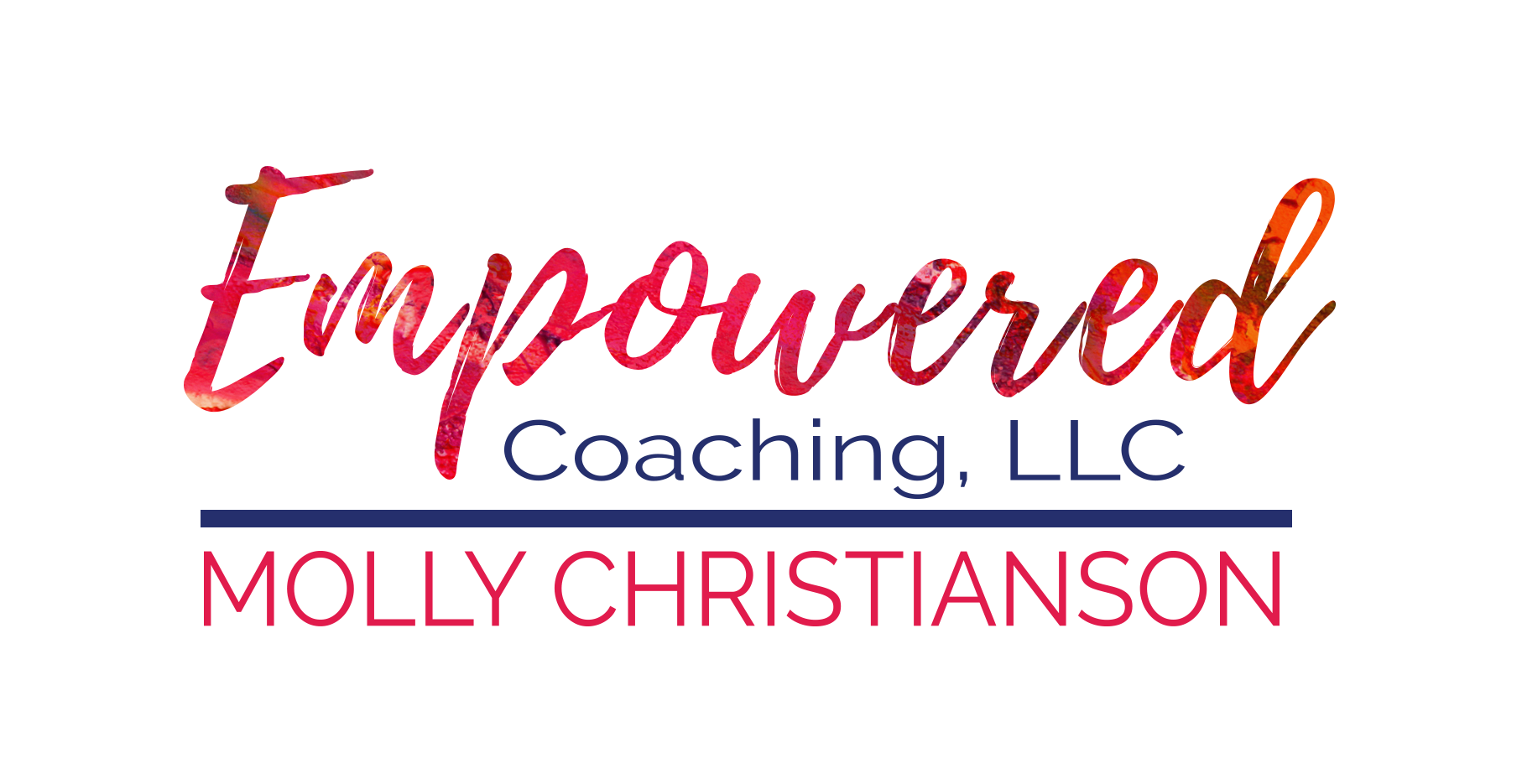Knowing When to Let Go
It is admirable to give it all we’ve got to make something work, but there is no battle won when we are investing our time in what is not ultimately serving us. While the value of hard work is an important lesson to learn, we have much to gain from knowing when to call it a day.
Flow and knowing when to let go
Ideally, we want to achieve flow in our lives. The sense of ease that comes from knowing that what we invest our time in – be it our jobs, our relationships, the tasks we do – is somehow meant for us; that we move with and towards our goals, rather than against them. However, we know all too well that often the things we most want to achieve don’t always come easily. In fact, even from a young age, we may internalize quite the opposite: that struggle is a praiseworthy sign of the perseverance needed for success, and overcoming hardship is a mark of being especially successful. Ambitious goals and aspirations, in particular, are expected to be difficult to attain. This very difficulty is often what makes these achievements all the more exceptional and inspirational – for many, providing motivation and proof that hard work can pay off.
There is wisdom in understanding that challenge is an inevitable part of life. And, in order to progress, we often will need to deal with some obstacles in the short-term to achieve a desired outcome in the long run. That being said, a fixed “no pain, no gain” mentality can keep us stuck in a loop of needless suffering. Developing the skill of being able to recognize what’s worth holding on to and what to let go of can be hugely beneficial, by either affirming what we choose to give our time and energy to, or opening us up to new opportunities.
A shift does not need to mean failure
Reconsidering our perspectives in the face of new or changed information is central to growth – it’s adaptive and is what allows us to make improvements for the better.
Being determined is one thing; being rigid is another.
It can be difficult to change direction when we are attached and heavily invested in the outcome, because no one wants to feel that they have “failed” or made the “wrong” decision. Often, what helps ease the sting of letting go is releasing self-judgment. One powerful way of working towards that, is by reframing our self-talk and perspective. Speaking to ourselves with compassion can help us find the courage to start again.
When “failures” become “shifts”, and “wrong” decisions become “different” ones, a world of possibilities opens up – one where endings are beginnings, and greater things may lie ahead. There are often signs – like feeling burnt out, disconnected, or unfulfilled – that push us to reflect on the paths we’re on. We can also ask ourselves some powerful questions:
Some questions to consider as you pursue a goal
Is this manageable and/or realistic?
Is this sustainable to pursue?
Is this aligned with what I truly value?
Is this leading to what I truly want?
Is there another option I am overlooking?
Might I find something else more fulfilling?
What is it about this goal that I desire?
Coaching is designed to challenge our assumptions, explore our perspectives, and discover what we really want for ourselves. If you find yourself in a place where you’re questioning the goals you’re pursuing, consider bringing this topic to your next coaching session.

